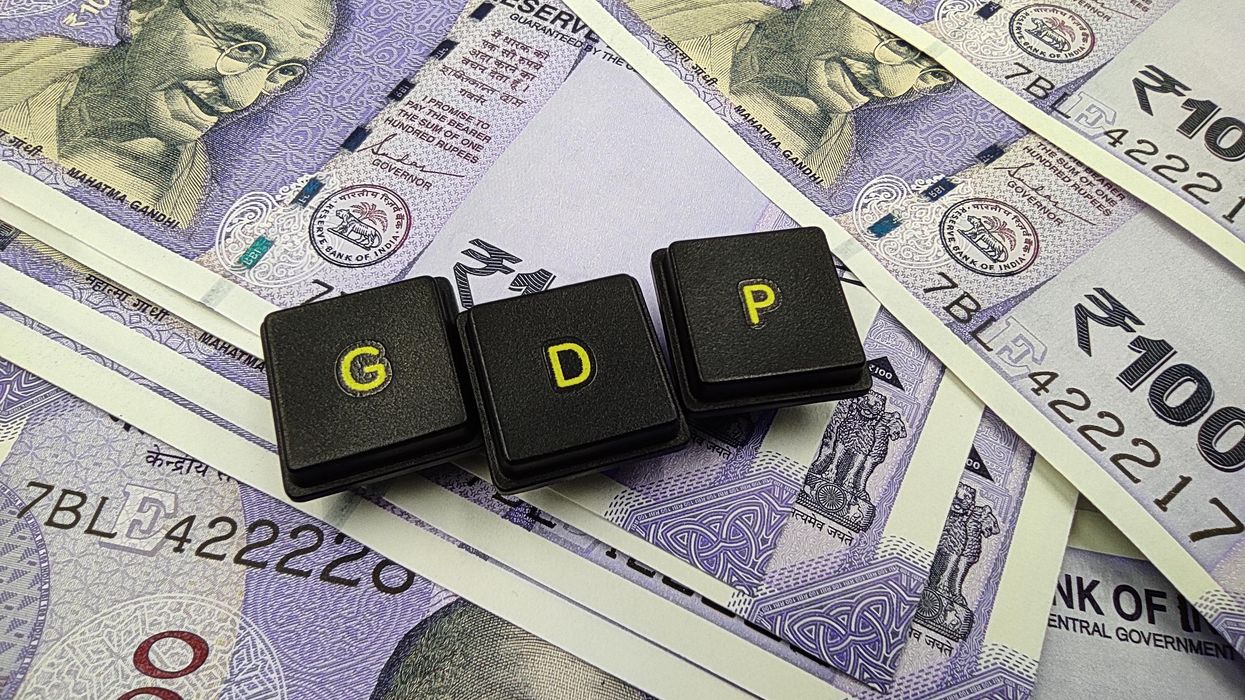INDIA's gross domestic product (GDP) growth is projected to decline to 6.4 per cent in the financial year 2024-25, marking its lowest rate in four years, according to government data released on Tuesday. The slowdown is attributed to weaker performance in the manufacturing and services sectors.
The growth rate of 6.4 per cent, estimated by the national statistics office (NSO), is the lowest since the contraction of 5.8 per cent recorded during the Covid-19 pandemic in 2020-21. GDP growth was 9.7 per cent in 2021-22, 7 per cent in 2022-23, and 8.2 per cent in 2023-24.
The NSO's first advance estimates are slightly below the Reserve Bank of India's December 2024 projection of 6.6 per cent and the finance ministry's earlier expectation of 6.5-7 per cent. These estimates will guide the preparation of the Union Budget, which India's finance minister Nirmala Sitharaman will present on February 1.
India's economic growth slowed to 5.4 per cent in the July-September quarter of FY25, down from 6.7 per cent in the April-June quarter. Manufacturing sector growth is expected to slow to 5.3 per cent in FY25, compared to 9.9 per cent in FY24.
The services sector, which includes trade, hotels, transport, and communication, is projected to grow by 5.8 per cent, compared to 6.4 per cent in the previous fiscal.
In contrast, the agricultural sector is estimated to grow by 3.8 per cent in FY25, up from 1.4 per cent in FY24. "Real GDP has been estimated to grow by 6.4 per cent in FY25, compared to 8.2 per cent in FY24," the NSO said.
Nominal GDP is expected to grow by 9.7 per cent in FY25, slightly higher than 9.6 per cent in FY24, reaching £3.06 trillion. This is up from £2.78 trillion in FY24.
The size of the economy is projected to reach £3.1 trillion in FY25 based on current exchange rates.
Aditi Nayar, chief economist at ICRA, said that while the NSO’s projections for the second half of FY25 appear reasonable, some sectors may show higher growth. "Benefitting from an anticipated capex push in the upcoming budget, we project GDP growth at 6.5 per cent in FY26," she said.
Dharmakirti Joshi, chief economist at Crisil, observed that reduced government capital expenditure in the second quarter may not be offset in the latter half of the fiscal year. "Urban areas face high inflation and slowing credit growth, with retail credit growth moderating," he said.
The NSO also reported that nominal gross value added (GVA) is estimated at £2.76 trillion in FY25, up 9.3 per cent from £2.52 trillion in FY24.
Private final consumption expenditure (PFCE) is expected to grow by 7.3 per cent in FY25, compared to 4 per cent in FY24, while government final consumption expenditure (GFCE) is projected to grow by 4.1 per cent, compared to 2.5 per cent in the previous fiscal.
Per capita income, at current prices, is estimated to increase by 8.7 per cent, reaching £1,887 in FY25, compared to £1,738 in FY24.
(With inputs from PTI)





